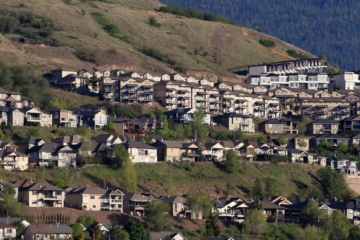As plumbing and heating specialists we believe firmly in the importance of regular inspections and ongoing maintenance.
That commitment to keeping your home and your family safe extends to your gas appliances, which you as a homeowner can take responsibility for.
This includes looking after piping, appliances, venting, combustion air supply, and above-ground or buried piping past your gas meter. The owner’s manual that comes with your natural gas appliances is the best source of maintenance information and other operating instructions.
A qualified gas contractor should inspect your gas appliances. When selecting a contractor, make sure that personnel are licensed gas fitters and experienced at inspecting all types of gas appliances for safe operation.
Safety checklist
- Make sure the areas around gas appliances and vent pipes are kept clear of combustible materials like laundry, paper, paints, solvents, and propane cylinders.
- Do not store lawnmowers, motorcycles and other gasoline-powered equipment or vehicles indoors or near gas appliances.
- Remember that gas appliances have open flames and can be a source of ignition. Do not use combustible products such as solvents and glues in the area.
- Make sure there is an adequate supply of air to gas appliances. Do not block off the duct bringing in outside air and check with your local gas inspector or heating contractor before enclosing appliances.
- Know where to find the shut-off valve for each appliance and how to use it — the gas is “off” when the valve handle is at a right angle to the gas pipe.
Inspect buried piping for leaks or corrosion periodically and repair if necessary. Your gas contractor can locate, inspect, and repair your buried gas piping. Or, look up “Corrosion Control” in the Yellow Pages for a list of other professionals providing this service.
Source: FortisBC



